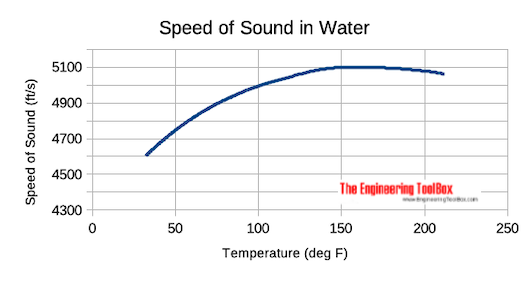- Login or Register
No account yet? Sign up
Another con is that the compressed air is quite hot.Big Tea wrote: ↑02 Nov 2018, 12:58What would be the pro/con and practicality of using a constant speed with the surplus bled off, possibly to cooling?
A heavier unit could be used as it would not have rapid acceleration/deceleration. I know it would be a no go with an exhaust only unit, but if it was topped up with battery power would it still cost to much in energy terms to cover lag?
Is that even possible? How would it measure mass in a shaking car with high g-forces?
I must say i was looking into datasheet on Gill sensor impressive tech.5. Monitors multiple parameters. Unlike other sensor types, ultrasonic technology can measure
transient and steady flow, flow direction, temperature, speed of sound and cumulative usage.
source; Factsheet-8-facts-about-ultrasonic-flow-measurement.pdf


Unless they can store a significant amount of fuel after the flow meter it doesn't mean much, you can't cycle up fuel that's not there. The limited flow through the meter restricts power. And the FIA took measures against it, so I guess they're keeping a close eye on this.Tommy Cookers wrote: ↑01 Dec 2018, 11:15fuel flow rate measurements from the fuel cell don't mean everything
the fuel will increase in density by about 4% cycling up to permitted 500 bar pressure
ie we cannot assume that the overall engine fuel rate is within 100 kg/hr
the FIA doesn't require it to be so
and the instantaneous fuel rate (rate within an injection pulse) has no limit
Gah. Pointless to have an engine formula this way.AMG.Tzan wrote: ↑14 Dec 2018, 13:54https://www.motorsport.com/f1/news/new- ... 1/4312979/
Wow what a huge move by F1...
Still can't understand why they don't follow MotoGP's lead in both Engine and Aero development? Let new manufacturers test and develop as much as they want to in the first 2 years isn't an option? just saying...
And maybe control and limit other's engine and aero development through the year by using a token system and limiting aero updates?
Not that sharing information is a bad thing...but let me guess who's gonna share what? No one maybe...?
You want it hot to accelerate the chemistry.mzso wrote: ↑30 Nov 2018, 21:27Hi!
I'm wondering, is it legal (or possible because of lack of monitoring) to cool the fuel as it's pumped through the flow measurement device to make it denser to achieve more power.
I know the fuel in the tank can't be colder than 10 degrees below ambient. (not that it would matter much without refueling.)